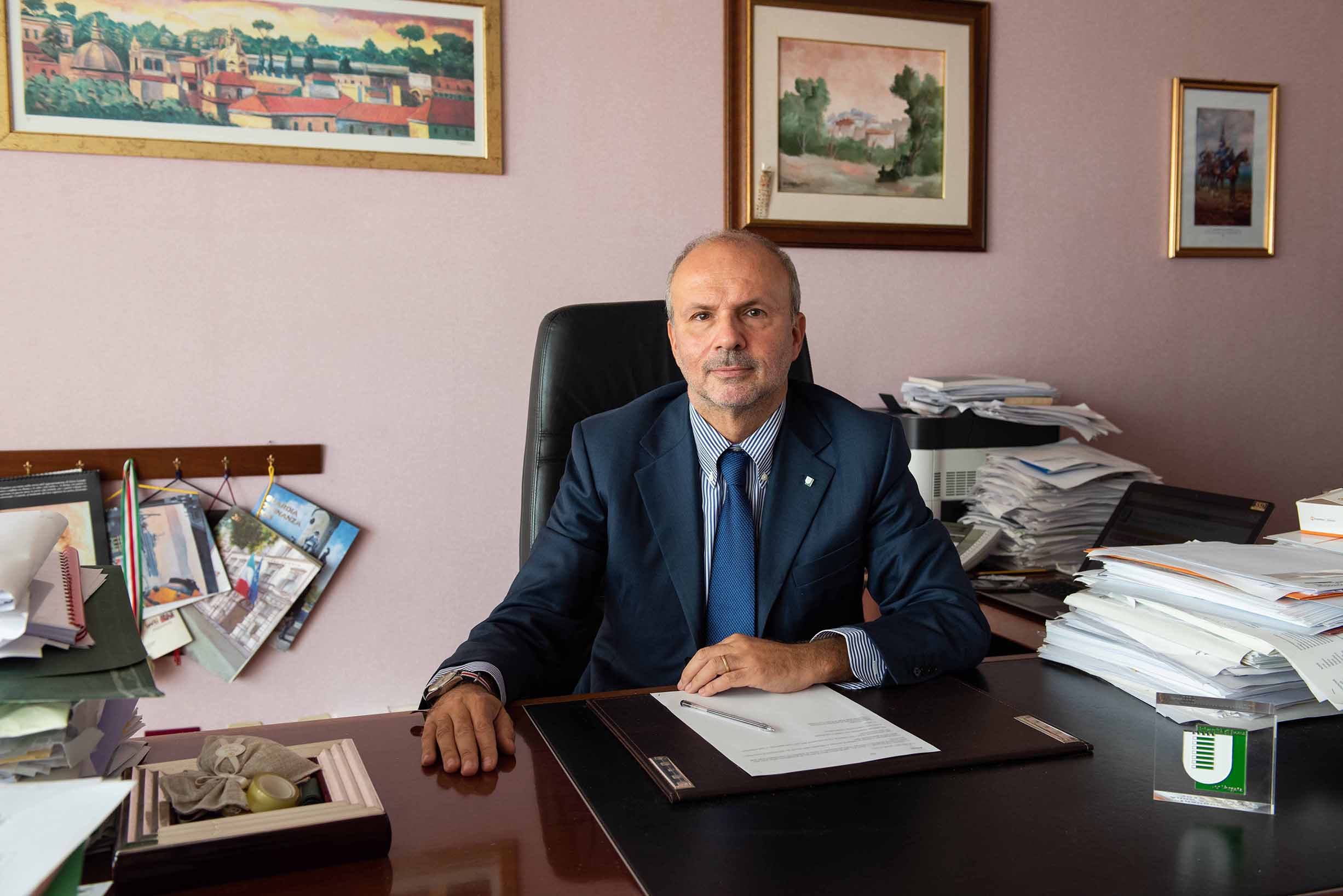Despite the promises of the Meloni government, Italy does not align with the EU cancer plan

The government had undertaken to allocate 10 million euros for 2023 and the same for 2024 to launch the National Oncology Plan, a measure announced and then excluded from the latest budget. Meanwhile, cancer diagnoses in our country have increased by 14,000 cases. The speech by Alessandra Servidori, professor of labor policies
The dramatic experience of the pandemic, not yet completely behind us, has confirmed the importance of guaranteeing the full functioning of the National Health Service (SSN), however revealing significant structural deficits.
It is clear that the level of territorial inequality reached now requires immediate corrective action, and that the horizon of social and health integration is still very far off despite the promises of the PNRR. The NHS therefore also needs a vision and a new project, with a view to recovering its fundamental function as an instrument of social cohesion.
Due to the numbers of cancer and the specificity of the disease, oncology urgently needs policies for these patients because not only in Italy, but a quarter of cancer cases diagnosed globally, are borne by the European population, which however it represents only 10% of the world one. We were baffled by the decision due to the inconclusiveness of the political class because cancer patients cannot wait and are asking for concrete and immediate answers from the Minister of Health for the lack of approval of the amendments to the budget law with which the Government had undertaken to allocate 10 million euros for 2023 and the same amount for 2024 to launch the National Oncology Plan.
This first intervention had been announced and then excluded from the first budget of the Meloni Government: government and oppositions – continued to be deaf to the requests of the European Union to save over 3.5 million human lives from cancer by 2030, of which part of Italian cancer patients, but above all they demonstrate an unacceptable, grave indifference to the tragedy experienced by millions of our fellow citizens with cancer. The repeated declarations of commitment by Minister Schillaci and other government and parliamentary representatives, from the entire constitutional framework, released in institutional and public forums have been denied.
Cancer diagnoses in Italy have also increased due to delays related to Covid-19, but the alarm raised a few days ago in the presence of Schillaci was worthless. Economic allocations and human resources are needed to implement the oncological plan, otherwise words become painful stones.
In Italy, in particular, more than 1,000 new cases of cancer are diagnosed every day; 3,600,000 people, or 5.7% of the population, live after a cancer diagnosis. Of these, 900,000 can be considered cured, with more or less disabilities, and their number is destined to increase.
In response to the "cancer emergency", the European Union has adopted an innovative Oncology Plan, as a health policy instrument aimed at dealing with the entire course of the disease. The European plan to fight cancer, approved on 3 February 2021, is divided into ten "flagship initiatives" and multiple support actions. For each of them, the resources available, the objectives and the times within which they must be achieved are identified. On the prevention front, for example, the Plan provides for the HPV vaccination of at least 90% of the target population of girls in the EU and a significant increase in the vaccination coverage of boys by 2030; with particular reference to the early detection of cancer, a new EU-supported cancer screening program is therefore proposed to help Member States ensure that 90% of the population qualifying for breast cancer screening, cervix and colorectal cancer have the opportunity to undergo them by 2025.
The European Plan also identifies the regulatory reforms necessary to complete each initiative. Among the most significant and transversal, certainly include those aimed at reducing waiting times for access to innovative medicines, while expanding the number of beneficiaries, also through the revision of the Directive of the European Medicines Agency (EMA) .
The commitment of the European Union is completed with the establishment of the Mission on Cancer, in the context of the ambitious framework program for research and innovation "Horizon Europe", with the aim of increasing prevention, improving treatment, save more lives and increase the quality of life of patients and their families during and after cancer. Over a period of ten years, the expected result is to save as many as three million human lives.
At the basis of the important commitment of the European Union there is the clear awareness that the neoplastic disease determines a need for multidisciplinary and multidimensional assistance, with significant implications on the family and social level, which are projected even after recovery. The solutions developed in the fight against cancer can therefore constitute models of response to all the main challenges that the NHS is called upon to face: aging of the population, chronicity, non self-sufficiency, access to new therapies and new technologies, financial sustainability of innovation, guarantee of clinical and social rehabilitation.
At the national level, it will be of fundamental importance first of all to implement the method for defining health policies adopted by the European Union, overcoming the static and sectoral approach which has so far characterized interventions in the oncological field.
This is a machine translation from Italian language of a post published on Start Magazine at the URL https://www.startmag.it/sanita/nonostante-le-promesse-del-governo-meloni-litalia-non-si-allinea-al-piano-oncologico-ue/ on Wed, 28 Dec 2022 11:13:36 +0000.
